Bangladesh’s former Prime Minister Sheikh Hasina has been sentenced to death for crimes against humanity.
While Hasina and her supporters have condemned the verdict delivered by the war crimes court in Dhaka, others say it marks an opportunity for the country to finally move on
Hasina, who fled to India in August 2024 after being ousted in a student-led uprising, denounced the ruling as “biased and politically motivated.”
Meanwhile, pressure is mounting on Muhammad Yunus, the Nobel Peace Prize laureate heading the interim government. Yunus is increasingly being pushed to hold elections in February.
The upcoming election
Bangladesh’s new leaders insist they are committed to restoring democracy through the forthcoming election: one from which Hasina and her Awami League have been effectively excluded. But tensions remain high.
“The interim government has fully suppressed the Awami League … so the level of polarisation is at a fever pitch,” said analyst Michael Kugelman, a senior fellow at the Asia Pacific Foundation of Canada.
The greatest concern, he noted, is election-related violence.“Awami League spoilers may try to disrupt the election with unrest. And with Bangladesh’s police force suffering from serious morale issues, there would be concerns about the state’s capacity to manage the violence,” Kugelman said. Police were on the frontlines of the deadly 2024 crackdown, and some officers were killed when protesters stormed police stations.
Hasina’s son has warned that the party may attempt to block the election if its political ban is not lifted, stressing that only an inclusive vote can stabilise the country.
India unlikely to extradite
India is unlikely to extradite Hasina , despite fresh requests from Dhaka following Monday’s verdict.
“Hasina will likely bide her time, continue to manage her party’s affairs from India and play a long game with the hope of returning to politics if circumstances change,” Kugelman said. “In the region, dynastic leaders and their parties may take hits, but they never go away.”
Sabir Mustafa, former head of the BBC’s Bengali Service, said the Awami League could be seriously demoralised without Hasina’s leadership, but that meaningful reform is essential if the party hopes to move forward.
“So Hasina needs to initiate those reforms herself,” he said, noting that she must look ahead if she intends to re-enter politics.
Mustafa described the trial as “seriously flawed” and said the death sentence was unjust for a case heard in absentia. Even so, he believes it will be difficult to mobilise Hasina’s supporters on the streets for now.
Without internal reforms and new leadership guided by Hasina, Mustafa argued, an Awami League resurgence will be difficult. “That’s the kind of bullet they have to bite,” he said.
Mixed reaction to the verdict
Human rights groups and the UN High Commissioner for Human Rights have delivered mixed assessments of the trial and verdict.
Human Rights Watch and Amnesty International questioned the fairness of the proceedings, while the UN rights body said the verdict was “an important moment” for victims of last year’s crackdown, which killed hundreds—though it reiterated its opposition to the death penalty in all cases.
Given this, the Yunus administration will need to reassure the international community about the integrity of the judicial process.
For Kugelman, Yunus’s most urgent challenge is ensuring a safe and peaceful environment for the vote.
These are high-stakes polls: they represent the first election in nearly 20 years in which there is genuine expectation of a free and fair vote. The January 2024 election, which returned Hasina to power for a fourth consecutive term, was boycotted by opposition parties and marred by violence and international criticism.
Yunus’s legacy on the line
Mustafa said Yunus has already tarnished his legacy as a Nobel Peace Prize laureate by presiding over numerous violations, including mob justice, custodial deaths, mass arrests, and the detention of individuals—particularly Hasina supporters—without credible charges.
Even so, he believes the international community will continue to back the interim leader.
“The challenge before him between now and February is to ensure things run smoothly and the elections take place in a peaceful and credible manner,” Mustafa said.
He added that with the Awami League barred from the polls, Yunus must ensure the election is not manipulated by the Bangladesh Nationalist Party, led by former Prime Minister Khaleda Zia, or by Jamaat-e-Islami, the country’s largest Islamist party.
“Only then can he revive his legacy as a Nobel Peace Prize laureate.”
With inputs from agencies


)
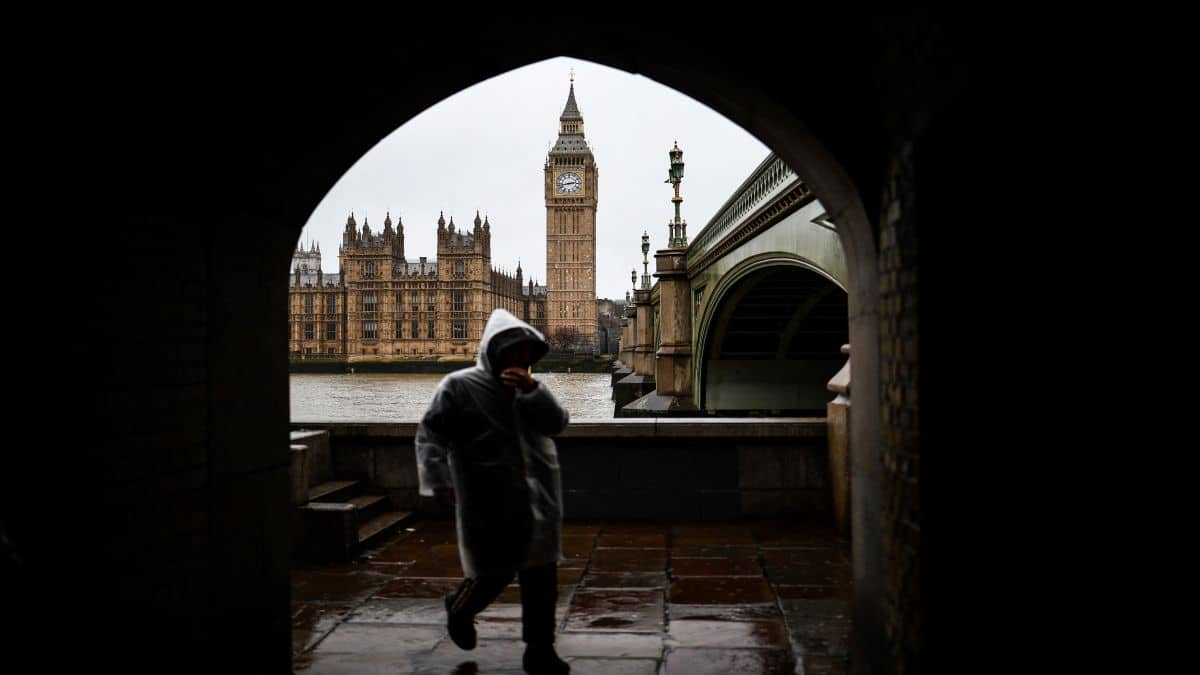
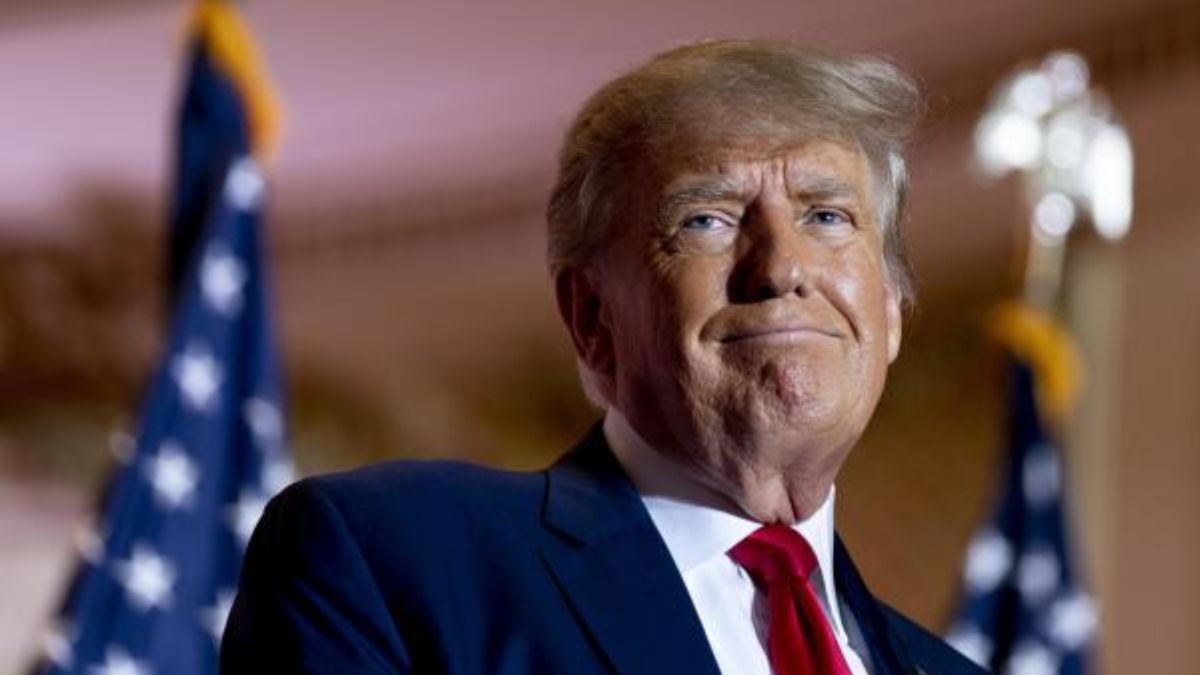)
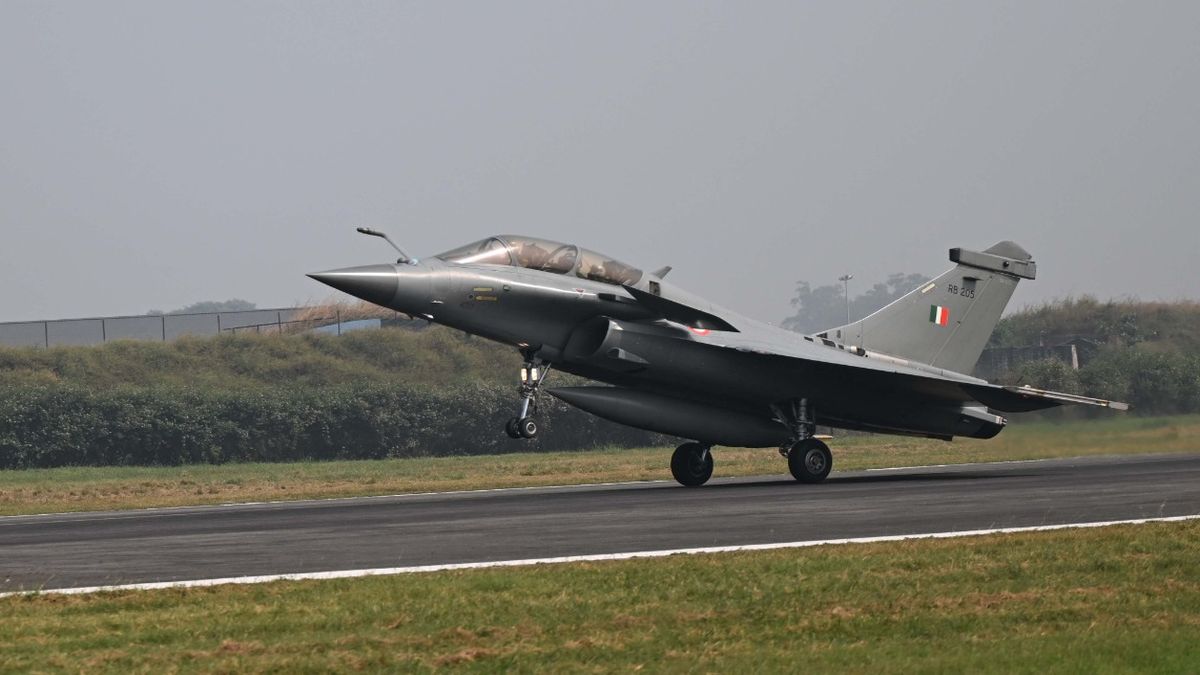)
)
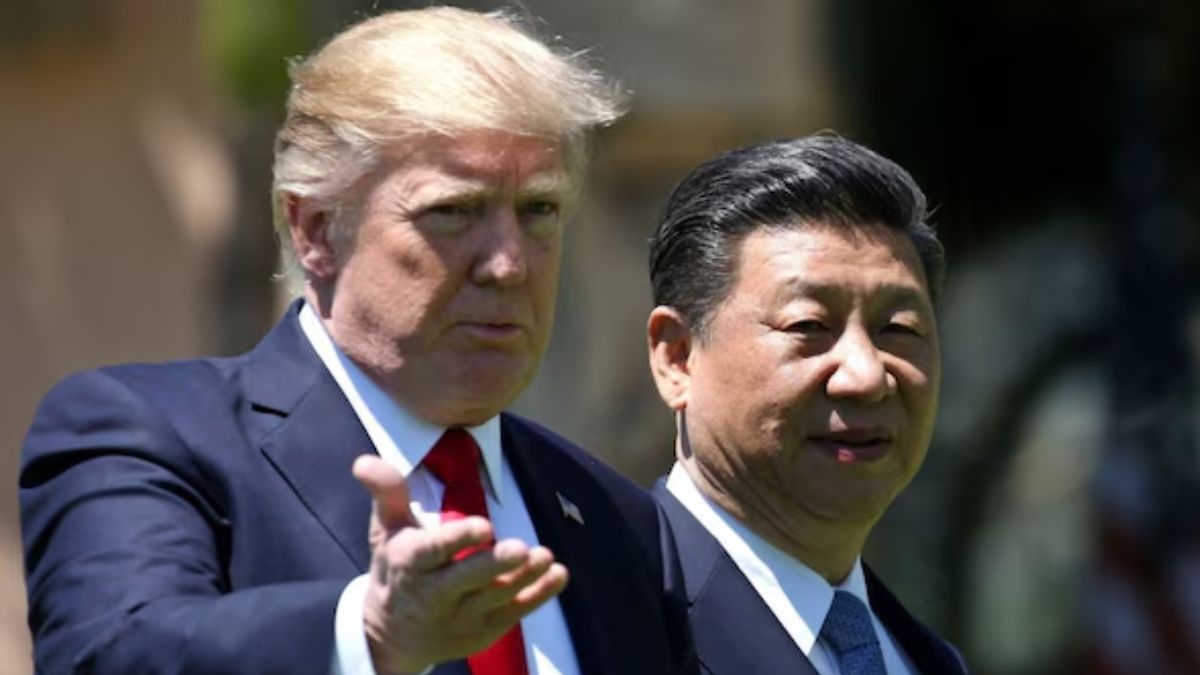)
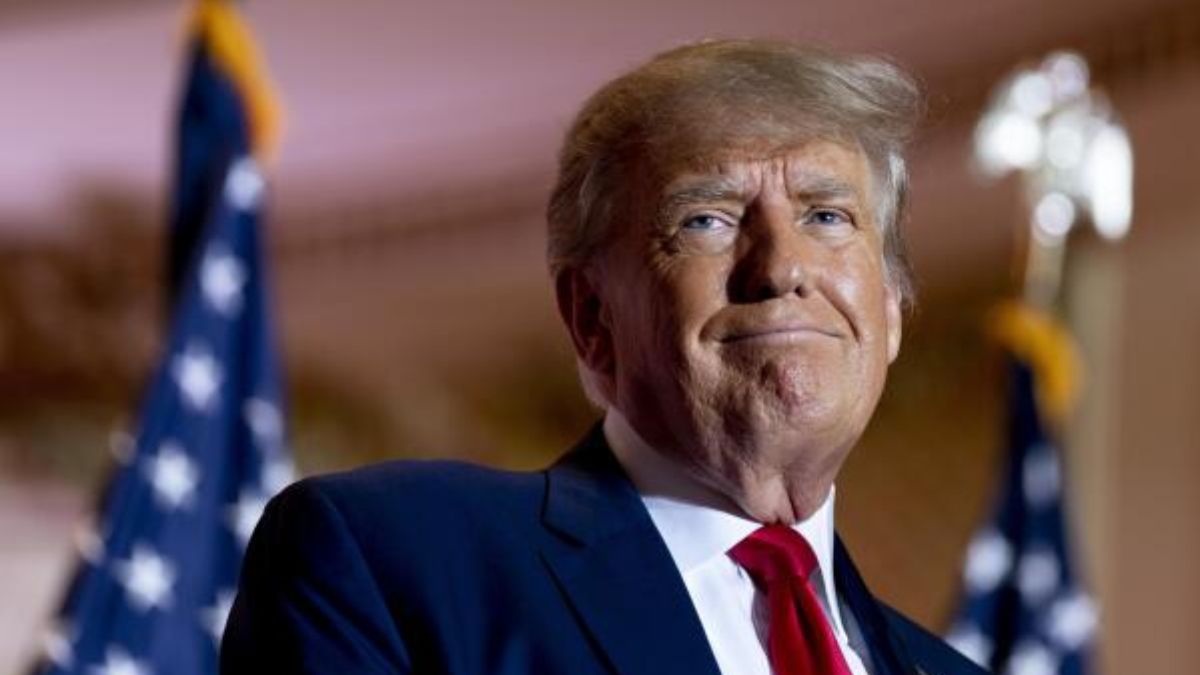)
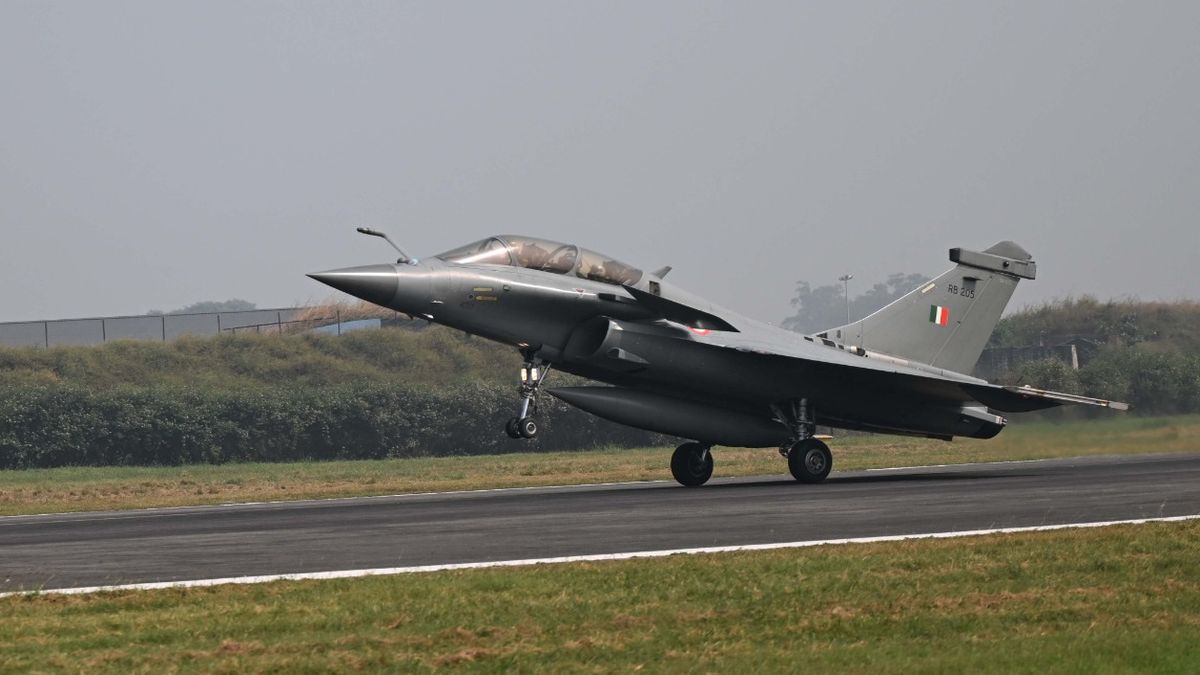)
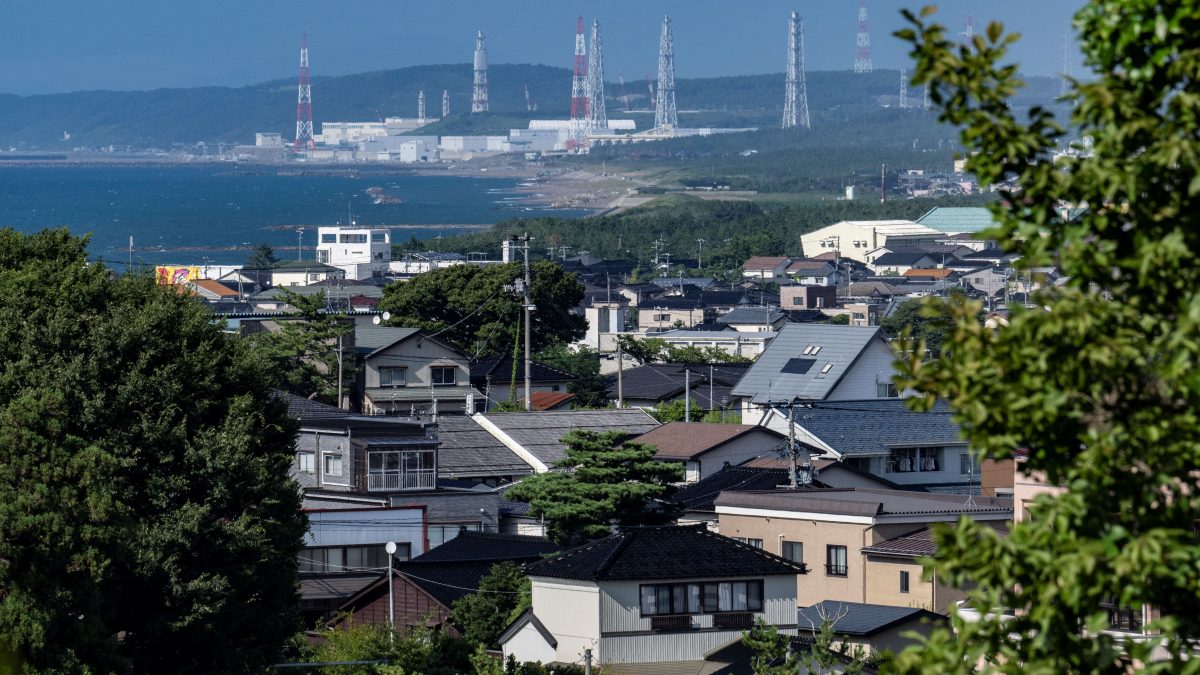)
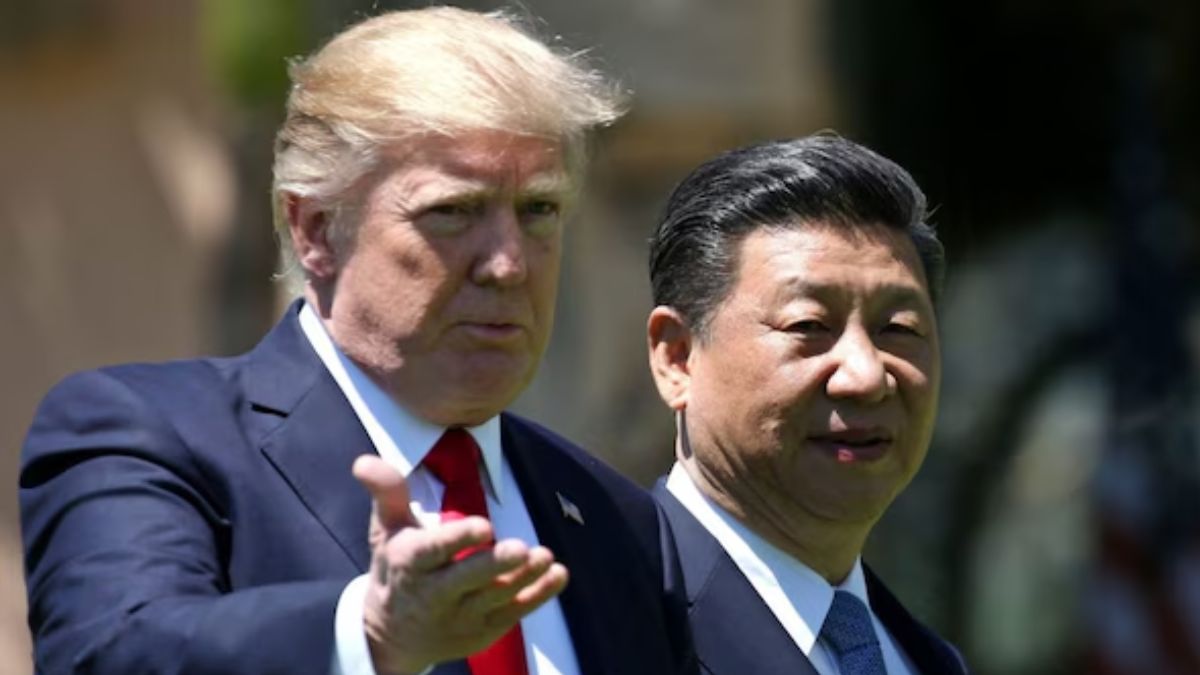)



